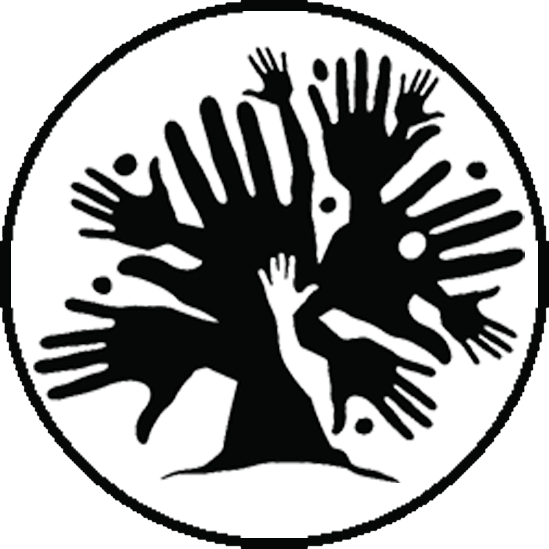“… Without a sense of identity, there can be no real struggle…”
One of the lessons from Paulo Freire is that the notion of "critical" (as in critical thinking, critical pedagogy, critical theory, etc.) is deeply tied with identity. There is a reason why when someone is urging us to think critically that they say, "think for yourself". First we need to figure out who this "self" is before we can think like only they could.
If the self we are talking about is "a productive member of society", then in order to think for oneself one must look no further than to think the way that the majority have been conditioned to think: standardised tests can measure your degree of education; the size of your pay check can measure your worth and your degree of professional success; and the GDP of a country can measure our progress as a society. Undoubtedly during your life you encountered novel problems that required careful judgment of the pros and cons of available options before you. Apply your wits to solving these hurdles along the way and you will be a successful critical thinker from a neoliberal point of view.
A common counter position to a capitalist standpoint would be that of a communist or socialist. If one identifies with these political inclinations, then one's value judgments of our surroundings and goals in life would be markedly different: perhaps one would view one's contributions to society as a gauge of one's worth; worker-owned cooperative enterprises would be the mark of a healthy economy; and the well being that these institutions bring to society might be a measure of its progress. The exact same options would yield very different list of pros and cons for a person that emphasises individualised thought than with a person that focuses more on the collective.
There are an infinity of identities from which we can "think critically". People can be a good scientists and demand replicable studies to back up any arguments they encounter. On the other hand, even someone who is guided primarily by blind faith in religious tradition can “think critically” if they use the tools they have been trained to use in order to make a personal value judgment about the world around them. At the danger of equating a historical document such as the Bible with peer-reviewed journals as a valid guide for our grasp on reality, we should at least recognise that different forms of knowledge come with their own logic, which can be used to “think critically”.
We tend to associate “being critical” with a conscious and personal exercise of our own rationale in order to assess something external and decide how we should engage with it, often offering some novel insight about the nature of the subject of analysis or ourselves. However, the Merriam-Webster definition of “critical” - ‘using or involving careful judgment about the good and bad parts of something’ - is not enough. Anyone can do that and not actually learn anything new about themselves or the world around them. On the other hand, knowing how to communicate across different epistemologies in a respectful manner can help us identify and question our OWN theory of knowledge. In other words, learning from different ways of thinking can help us identify our own biases, misconceptions, and blind spots and help us be truly “critical”.
The “self” and the “other” can only exist in contrast with each other. Perhaps it is not only by questioning the “other” using preconceived notions that have shaped the “self” that we can engage with the world in a constructive manner. Instead, it is by first seeing the “self” from the point of view of the “other” that we can learn about our own position on this world and choose how to interact with it. Inevitably, our position will adapt and eventually become solidified and refined as we gain experience. However, if we want to remain “critical” beings, don’t ever get too comfortable in your own shoes. To be “critical” requires permanent mental malleability, as W.E.B Du Bois said, “To be ready at any moment to give up what you are for what you might become”.
Photo Credit: walknboston

